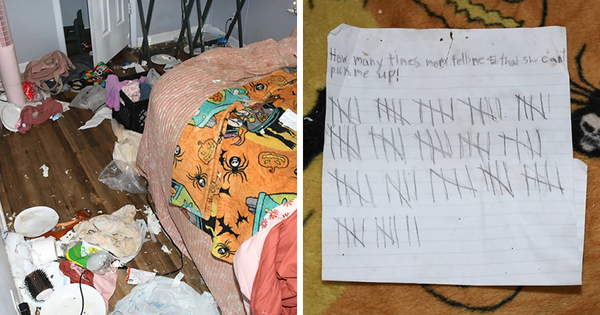At a glance
• ‘Human errors’ led to some grooming gang police investigations being dropped, the first stage of a major review of child sex abuse cases has found
• Almost 1,300 files from 23 police forces have been referred so far to the Operation Beaconport review, led by the National Crime Agency, that is seeking to rectify police failures to tackle grooming gangs
• Early findings show failures such as ignored evidence, poor victim interviews, and suspects not being pursued
“Human errors” led to some grooming gang police investigations being dropped, the first stage of a massive review of cases involving child sexual abuse has found.
Thousands of cases of rape and sexual assault are being reviewed as part of the National Crime Agency’s Operation Beaconport, which has been designed to rectify police failures to tackle grooming gangs.
Almost 1,300 files from 23 police forces have been referred to the operation so far, with leaders admitting this is a “small number” of the amount the operation expects to receive.
Some 236 of those already submitted are being examined as a priority because they involve allegations of rape.
The Metropolitan Police last month revealed it was looking at 9,000 child exploitation cases dating back 15 years. Some are expected to be passed to Operation Beaconport for review.
The development came after a Standard investigation uncovered cases of vulnerable young girls from across London who reported allegations of rape from multiple men but saw inadequate police action.
NCA deputy director Nigel Leary said initial examinations suggest there were mistakes in some of the investigations.
"Initial reviews have identified that in some cases where there has been a decision to take no further action (NFA), there were available lines of inquiry that could have been pursued,” he said.
"We've seen in those cases what appears to be potentially human error.
"We've seen in some cases that those investigations haven't followed what we would characterise as proper investigative practice, actually that would have contributed to the NFA decision.
"That includes, for example, lines of inquiry being identified but not being followed, victim accounts not being taken in a way that we would recognise as best practice, and suspects not being pursued or interviewed in the ways that we would anticipate."
Operation Beaconport is reviewing cases between January 1, 2010 and March 31 2025, with thousands expected to come under scrutiny.
All of the cases involve two or more suspects, more than one victim and contact offences. To be included the suspects in the case must still be alive and it must not have already been independently reviewed.
The cost of the scheme is not yet known. But leaders admitted it would be a “multiple year journey” and it may be “years before cases come to court”.
Operation Stovewood, the investigation into grooming gangs and other non-familial sexual abuse in Rotherham between 1997 and 2013, has cost £89 million over 11 years.
"This is going to be a phenomenally large undertaking,” Mr Leary said.
"It will be the most comprehensive investigation of its type in UK history.
"We estimate that over the life cycle of the operation, it will involve thousands of officers from across policing."
Officials confirmed they would be recording the ethnicity of suspects and victims as part of the review and have found gaps in the existing data that they are trying to fill.
As they examine cases they aim to identify any dangerous suspects, and any that could potentially flee the country.
Investigators have pledged to be "honest and transparent" with victims from the start, to avoid giving them unrealistic expectations.
Mr Leary said: "Not all matters we review, even where they're reinvestigated, even where victim or survivor says, 'I want that to be reinvestigated', will produce a criminal justice outcome.
"They won't for a variety of reasons. I think we can conduct those inquiries and those investigations in a way that is trauma informed, that's open and honest and transparent, that's realistic, where we have good communication.
"My hope is that we build confidence in the process, even though the outcome in some cases will not, of course, be that which we might wish."
Richard Fewkes, from the National Police Chiefs' Council, said while going after perpetrators is important, some victims will just want to feel listened to.
"Justice means different things for different victims and survivors, and no one victim and survivor is the same,” he said.
"For some, justice is just being believed, perhaps for the first time, by someone in authority, being listened to.”
Home Secretary Shabana Mahmood said: "This Government initiated this national policing operation to track down the evil child rapists that perpetrated these crimes, and put them behind bars where they belong.
"There will be no hiding place for those who abused the most vulnerable in our society."







